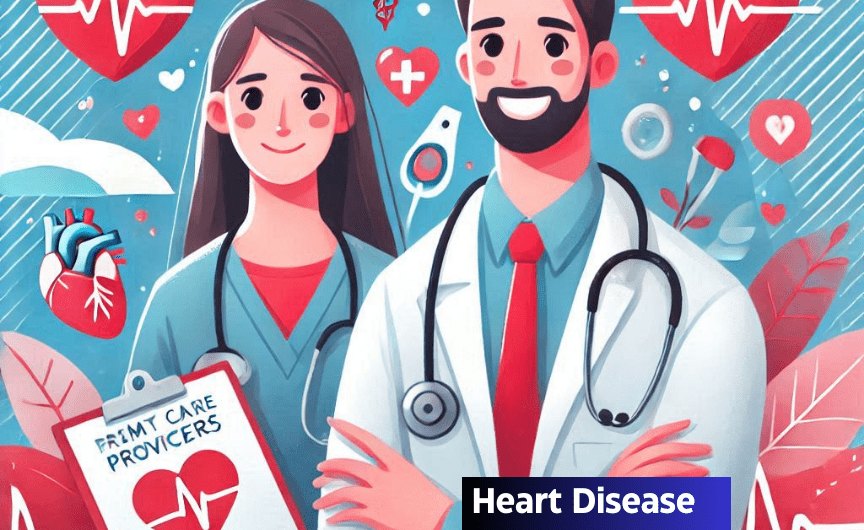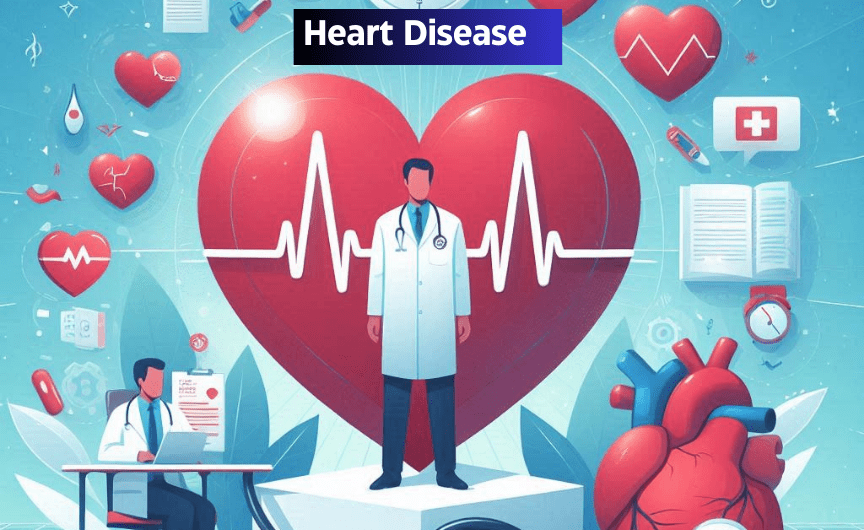Primary care providers play a crucial role in heart disease management. They act as the first line of defense, identifying risks and offering guidance. By focusing on prevention and early intervention, they help manage symptoms and prevent complications. Primary care providers work closely with patients to create personalized care plans. These plans often integrate lifestyle changes, medication, and routine check-ups. The goal is to promote overall health and prevent further issues. In places like holistic wellness midtown east, primary care providers emphasize a well-rounded approach. They support heart health by addressing both physical and mental aspects.
Understanding Heart Disease

Heart disease remains a leading cause of death globally. It encompasses various conditions like coronary artery disease, heart attacks, and heart failure. The American Heart Association highlights the importance of recognizing risk factors such as high blood pressure, smoking, and obesity. By identifying these early, primary care providers can guide patients toward healthier lifestyles.
The Role of Lifestyle Changes
Implementing lifestyle changes is a cornerstone of heart disease management. Primary care providers often recommend three key strategies:
- Adopting a heart-healthy diet
- Engaging in regular physical activity
- Quitting smoking
These changes can significantly reduce the risk of heart complications. According to the Centers for Disease Control and Prevention (CDC), even modest lifestyle adjustments can lead to substantial health benefits.
Medication and Monitoring
In addition to lifestyle changes, medication plays a vital role in managing heart disease. Primary care providers may prescribe medications to control blood pressure, cholesterol levels, or to prevent clot formation. Regular monitoring through routine check-ups is essential to ensure these treatments are effective and adjusted as needed.
Data on Heart Disease Management
| Management Strategy | Impact on Heart Disease |
| Lifestyle Changes | Reduces risk factors like hypertension and obesity |
| Medication | Controls symptoms and prevents complications |
| Routine Care | Ensures early detection and management |
The Importance of Early Intervention
Early intervention is key in managing heart disease. Primary care providers are well-positioned to detect early signs of heart problems through routine screenings. According to the National Heart, Lung, and Blood Institute, early detection can lead to more effective management and better outcomes.
Building a Strong Patient-Provider Relationship
A strong relationship between patients and primary care providers is crucial. It encourages open communication and trust. Patients who feel comfortable discussing their concerns are more likely to follow medical advice and adhere to treatment plans. This collaboration fosters a supportive environment for managing heart disease.
Conclusion
Primary care providers are indispensable allies in the fight against heart disease. Their comprehensive approach to care—focusing on prevention, lifestyle changes, medication, and routine monitoring—plays a vital role in managing this complex condition. By working together, patients and providers can achieve better health outcomes and improve quality of life.






